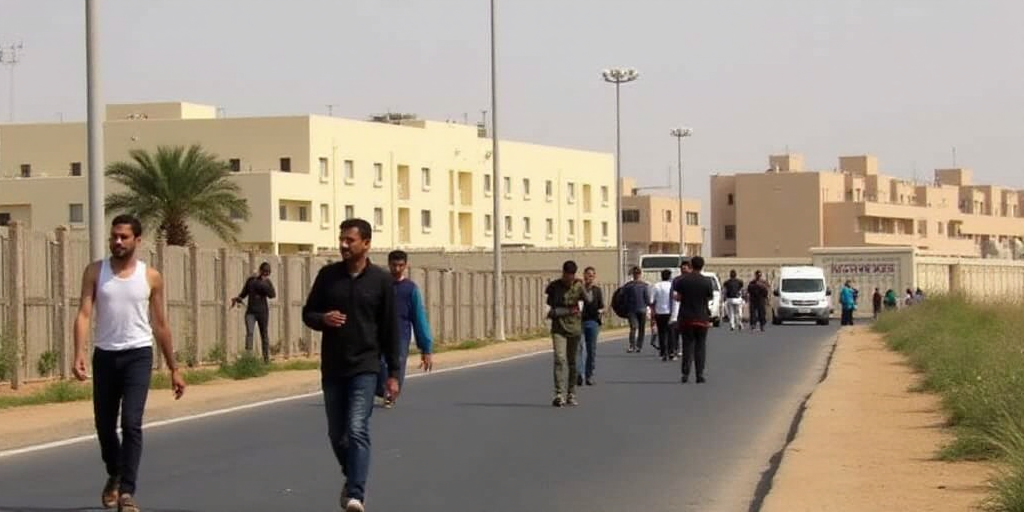Background on the Migrants and Their Criminal Charges
A group of migrants, including two Cubans and one Mexican national, were intended to be deported to war-torn South Sudan by the United States due to their countries of origin refusing to accept them. Among those are Enrique Arias Hierro, a Cuban accused of homicide and armed robbery; José Manuel Rodríguez Quiñones, convicted of attempted murder and cocaine trafficking; Jesús Muñoz Gutiérrez, a Mexican serving a life sentence for murder; two Burmese nationals, a Vietnamese, a Laotian, and a South Sudanese individual.
Judge’s Ruling and Trump’s Response
U.S. Federal Judge Brian Murphy of Boston ruled that this deportation violates his previous decision, as the migrants were not given adequate time to defend their cases. The judge mandated that six of the migrants could invoke their fear of torture or mistreatment in the third country with legal assistance, granting them at least 15 days to request a review if the Department of Homeland Security deemed their fear unfounded.
President Donald Trump expressed frustration over the judge’s ruling, calling it an example of judges being “completely out of control” and harming the country. He criticized the decision, which he believes contradicts his strict immigration policies. Trump wrote on his social media platform, Truth Social:
“A federal judge ordered that eight of the most violent criminals on the planet expedite their journey to South Sudan and remain in Yemen, despite not naming these countries in his ruling.”
“I will not allow these monsters to reach their final destination. The judiciary is out of control, damaging our nation… This must change immediately!”
Legal Requirements for Deportation to a Third Country
According to the United Nations Convention Against Torture, migrants facing deportation to a third country must be informed and granted a minimum of ten days to appeal. Judge Murphy’s ruling emphasized that the migrants in question were not given this opportunity.
Government’s Options and Trump’s Concerns
The judge left it to the government’s discretion to either bring the migrants back for the process or conduct it where they are currently under supervision by Homeland Security agents. Trump voiced his displeasure about having to station a significant number of Immigration and Customs Enforcement (ICE) agents in Yemen, an African nation bordering Eritrea, Somalia, and Ethiopia, to oversee the deported migrants.
Key Questions and Answers
- What is the issue at hand? A U.S. federal judge ruled that deporting migrants to South Sudan without allowing them time to defend their cases violates his previous decision.
- Who are the migrants involved? The group includes two Cubans, a Mexican national, and five individuals from other countries.
- What are the criminal charges against them? The Cubans face charges of homicide, armed robbery, attempted murder, and cocaine trafficking. The Mexican national is serving a life sentence for murder.
- How did President Trump respond? Trump criticized the judge’s ruling, calling it an example of judges being out of control and harming the country. He expressed frustration over having to station ICE agents in Yemen.
- What legal requirements must be met for deportation to a third country? Migrants must be informed and granted at least ten days to appeal, as per the UN Convention Against Torture.






